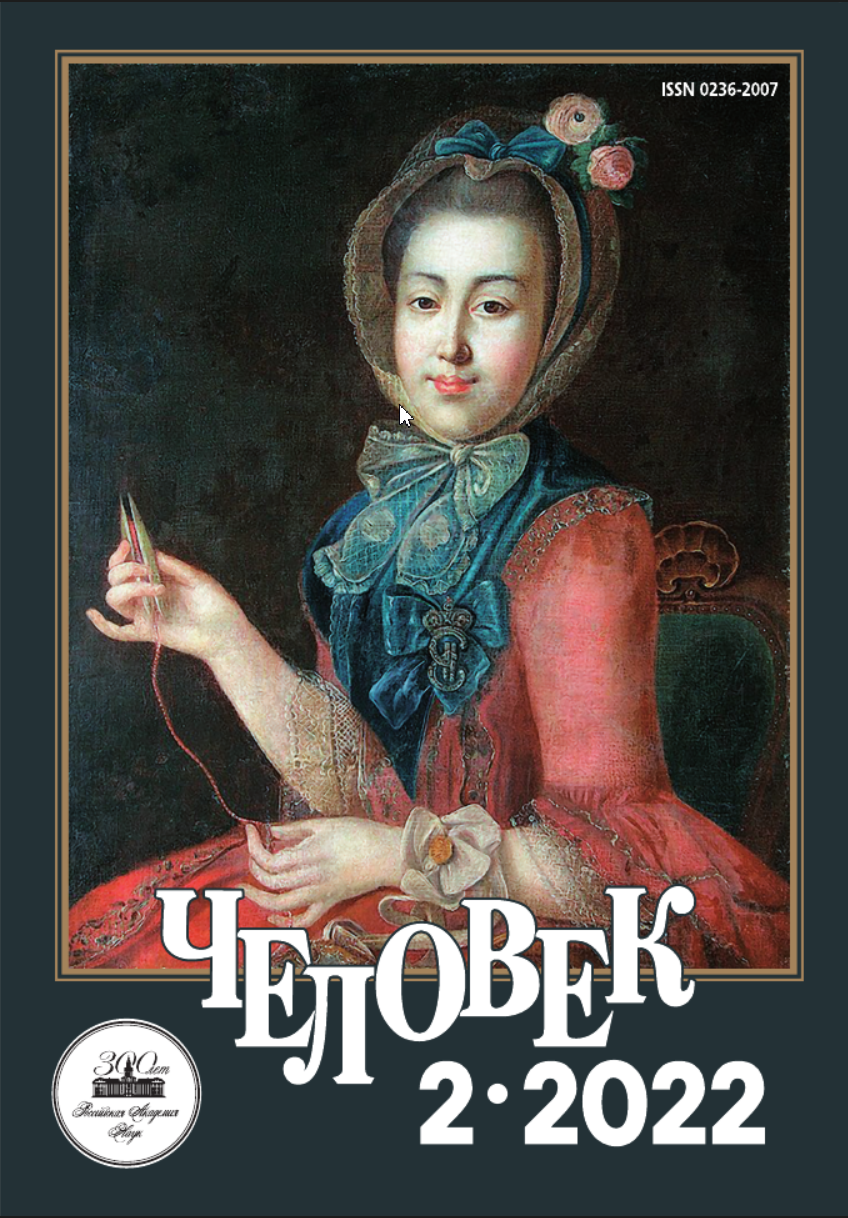Virtue Epistemology: Normativity, Conceptual Polarization and Some New Insights
Keywords:
virtue epistemology, normativity, epistemic subject, reliabilism, responsibilism, personalism, E. Sosa, D. GrecoAbstract
The influence of Willard Quine’s radical naturalistic approach, ambiguity in estimation of methodological naturalism and its role for philosophy, along with the challenging Gettier problem, all led to a fundamental revision of normativity in analytic epistemology. Intellectual virtues used as the basis of epistemic process broaden the horizon of epistemological research, while allowing the incorporation of norms and values into its subject field. Still, the scope of intellectual virtues underlying the concept of normativity is seen quite differently by the researchers of this interdisciplinary area. The main disagreement between virtue reliabilists and virtue responsiblists leads to conceptualization of the two systems, where are the sources of the virtues, instruments and the epistemic process itself are presented alternatively from different perspectives. Reliabilists relate the source of the epistemic virtue to adequately functioning perceptive apparatus and memory. They prioritize the results over the epistemic process itself leaving the issue of the subject’s responsibility out. At the same time responsibilists rest the responsibility for the results, as well as for the epistemic process, on the subject. The pathway, which leads the latter to knowledge, is required to be clear and honest — starting from the subject’s motivation and the instruments he or she uses, finishing with the final results. This antithesis requires the development of viable alternatives. Here one can find two of them: sentimentalist virtue epistemology of M. Slote, personalism of H. Battaly. Put into a broader context, the issue of intellectual virtues applied for epistemic process could provide a number of insights related to general social and research practices (responsibility for intellectual work, testimony, motivation, etc.), their ethical and epistemic ground.






